Achieving CJIS Compliance with Beyond Identity's Phishing-Resistant Passwordless MFA
Accessing and handling Criminal Justice Information (CJI) demands the highest levels of security and strict adherence to the FBI's Criminal Justice Information Services (CJIS) Security Policy. Traditional authentication methods, particularly passwords and other shared secrets, represent a significant vulnerability, while even some forms of multi-factor authentication (MFA) remain susceptible to phishing and social engineering. Beyond Identity provides a fundamentally more secure approach, removing shared secrets from the authentication flow and replacing them with a cryptographic, phishing-resistant multi-factor authenticator that is bound to each user’s approved device. While identity proofing, privilege design, and lifecycle management remain in the agency’s control, Beyond Identity closes the specific gap CJIS calls Advanced Authentication—delivering stronger security and less operational friction than password-based or OTP-based approaches.
1. The CJIS Security Imperative
The CJIS Security Policy establishes minimum security requirements for any entity accessing or managing CJI – highly sensitive data encompassing everything from criminal histories to biometric records. Compliance is mandatory for law enforcement agencies, courts, correctional facilities, and any third-party vendors supporting them. The policy's core objective is to protect the confidentiality, integrity, and availability of CJI throughout its lifecycle, preventing unauthorized access, modification, or disclosure. Failure to comply can lead to loss of access to critical FBI databases, operational disruption, and reputational damage.
2. Authentication: The Critical Control Point for CJIS
Because credential theft remains the lead vector in data breaches, Sections 5.6 (Identification & Authentication) and 5.6.2.2 (Advanced Authentication) place special emphasis on multi-factor mechanisms that withstand phishing and man-in-the-middle attacks. CJIS treats identification and authentication as separate control families, and NIST SP 800-63B supplies the technical definitions we reference here. Beyond Identity focuses exclusively on the authentication portion:
- Something you have – a private key sealed inside the secure element (TPM, Secure Enclave, TEE, etc.) of an approved device.
- Something you are – on-device biometric (fingerprint/face) or the device’s local passcode/PIN/password.
Because the cryptographic challenge-response occurs entirely between the trusted device and the Beyond Identity verifier, no secret is ever exposed over the network. This construction provides resistance to phishing, credential-stuffing, and verifier-impersonation attacks—as described in SP 800-63B §5.1.5.
Note: Agencies remain responsible for initial identity proofing and for determining which user/device combinations are allowed to register credentials.
3. Introducing Beyond Identity: Secure, Phishing-Resistant Passwordless MFA
Beyond Identity eliminates the primary target of attackers – the password – and replaces it with a robust, phishing-resistant MFA solution based on proven cryptographic principles:
- Password Elimination: No passwords exist to be stolen, phished, or cracked.
- Device-Bound Credentials: Utilizes asymmetric cryptography where the private key is securely stored within the hardware secure element (like a TPM or Secure Enclave) of the user's registered device. This key cannot leave the device.
- Local User Verification: Access to the private key for authentication requires local verification on the device – typically a biometric (fingerprint, facial recognition – "something you are") or a local device PIN or password ("something you know"). This verification happens locally, not over the network.
- Challenge-response protocol: This satisfies SP 800-63B requirements for phishing resistance.
- Device Trust: Authentication implicitly validates both the user and the integrity of the device being used, adding a crucial layer of context to access decisions.
4. How Beyond Identity Directly Addresses CJIS Requirements
Beyond Identity's architecture directly maps to and strengthens compliance with key CJIS Security Policy areas:
- Advanced Authentication (MFA) (Section 5.6.2.2): Beyond Identity inherently delivers strong, phishing-resistant MFA. It combines the "something you have" factor (the specific device with its bound private key) with "something you are" (biometrics) or "something you know" (local PIN). This meets the multi-factor requirement with significantly higher security assurance than phishable methods like OTPs, aligning with the intent of CJIS and guidelines from NIST calling for phishing-resistant authenticators.
- Access Control (Section 5.5): Integrating Beyond Identity into your access management framework ensures that only strongly authenticated users operating from trusted, registered devices can access CJI systems and resources.
- Auditing and Accountability (Section 5.4): The Beyond Identity platform captures detailed, immutable audit logs for every authentication attempt, including user identity, device information, timestamp, and success/failure status. This provides the necessary visibility for compliance reporting, security monitoring, and incident investigation.
- Risk Reduction: By eliminating the #1 attack vector (compromised credentials) and providing phishing-resistant MFA, Beyond Identity significantly lowers the overall risk profile associated with accessing sensitive CJI, helping agencies proactively protect critical data.
5. Securing Endpoint Access: Windows Desktop Login
Beyond securing access to applications and services, protecting the workstation itself is critical, particularly in environments handling CJI. For agencies requiring robust, hardware-based authentication for Windows desktop login, Beyond Identity now integrates with YubiKeys to provide phishing-resistant MFA directly at the endpoint. This capability complements our core passwordless solution for application access, offering a unified approach to securing user access from endpoint to application.
6. Benefits Beyond Compliance
Adopting Beyond Identity offers advantages that extend past meeting compliance checkboxes:
- Superior Security: Provides authentication security that is fundamentally resistant to credential phishing.
- Improved User Experience: Offers a fast, frictionless login experience, eliminating password frustration and complexity for officers and staff.
- Reduced IT Overhead: Dramatically cuts down on help desk calls and costs associated with password resets and account lockouts.
- Operational Efficiency: Enables faster, secure access to critical systems, especially important for personnel in the field or time-sensitive situations.
7. Conclusion
The CJIS Security Policy sets a high bar for protecting Criminal Justice Information. Meeting these requirements demands a modern approach to authentication that addresses the persistent threats posed by credential compromise. Beyond Identity delivers a powerful, phishing-resistant passwordless MFA solution that not only helps agencies achieve CJIS compliance but also significantly enhances their overall security posture, improves user experience, and reduces operational friction.
Secure your agency's access to CJI and streamline compliance. Contact Beyond Identity today to schedule a personalized demo and learn how our phishing-resistant passwordless MFA can meet your specific CJIS requirements.
Disclaimer: This document provides informational guidance. Organizations should always consult the latest version of the official FBI CJIS Security Policy and work with their CJIS Systems Agency (CSA) or designated authorities to ensure full compliance.
Accessing and handling Criminal Justice Information (CJI) demands the highest levels of security and strict adherence to the FBI's Criminal Justice Information Services (CJIS) Security Policy. Traditional authentication methods, particularly passwords and other shared secrets, represent a significant vulnerability, while even some forms of multi-factor authentication (MFA) remain susceptible to phishing and social engineering. Beyond Identity provides a fundamentally more secure approach, removing shared secrets from the authentication flow and replacing them with a cryptographic, phishing-resistant multi-factor authenticator that is bound to each user’s approved device. While identity proofing, privilege design, and lifecycle management remain in the agency’s control, Beyond Identity closes the specific gap CJIS calls Advanced Authentication—delivering stronger security and less operational friction than password-based or OTP-based approaches.
1. The CJIS Security Imperative
The CJIS Security Policy establishes minimum security requirements for any entity accessing or managing CJI – highly sensitive data encompassing everything from criminal histories to biometric records. Compliance is mandatory for law enforcement agencies, courts, correctional facilities, and any third-party vendors supporting them. The policy's core objective is to protect the confidentiality, integrity, and availability of CJI throughout its lifecycle, preventing unauthorized access, modification, or disclosure. Failure to comply can lead to loss of access to critical FBI databases, operational disruption, and reputational damage.
2. Authentication: The Critical Control Point for CJIS
Because credential theft remains the lead vector in data breaches, Sections 5.6 (Identification & Authentication) and 5.6.2.2 (Advanced Authentication) place special emphasis on multi-factor mechanisms that withstand phishing and man-in-the-middle attacks. CJIS treats identification and authentication as separate control families, and NIST SP 800-63B supplies the technical definitions we reference here. Beyond Identity focuses exclusively on the authentication portion:
- Something you have – a private key sealed inside the secure element (TPM, Secure Enclave, TEE, etc.) of an approved device.
- Something you are – on-device biometric (fingerprint/face) or the device’s local passcode/PIN/password.
Because the cryptographic challenge-response occurs entirely between the trusted device and the Beyond Identity verifier, no secret is ever exposed over the network. This construction provides resistance to phishing, credential-stuffing, and verifier-impersonation attacks—as described in SP 800-63B §5.1.5.
Note: Agencies remain responsible for initial identity proofing and for determining which user/device combinations are allowed to register credentials.
3. Introducing Beyond Identity: Secure, Phishing-Resistant Passwordless MFA
Beyond Identity eliminates the primary target of attackers – the password – and replaces it with a robust, phishing-resistant MFA solution based on proven cryptographic principles:
- Password Elimination: No passwords exist to be stolen, phished, or cracked.
- Device-Bound Credentials: Utilizes asymmetric cryptography where the private key is securely stored within the hardware secure element (like a TPM or Secure Enclave) of the user's registered device. This key cannot leave the device.
- Local User Verification: Access to the private key for authentication requires local verification on the device – typically a biometric (fingerprint, facial recognition – "something you are") or a local device PIN or password ("something you know"). This verification happens locally, not over the network.
- Challenge-response protocol: This satisfies SP 800-63B requirements for phishing resistance.
- Device Trust: Authentication implicitly validates both the user and the integrity of the device being used, adding a crucial layer of context to access decisions.
4. How Beyond Identity Directly Addresses CJIS Requirements
Beyond Identity's architecture directly maps to and strengthens compliance with key CJIS Security Policy areas:
- Advanced Authentication (MFA) (Section 5.6.2.2): Beyond Identity inherently delivers strong, phishing-resistant MFA. It combines the "something you have" factor (the specific device with its bound private key) with "something you are" (biometrics) or "something you know" (local PIN). This meets the multi-factor requirement with significantly higher security assurance than phishable methods like OTPs, aligning with the intent of CJIS and guidelines from NIST calling for phishing-resistant authenticators.
- Access Control (Section 5.5): Integrating Beyond Identity into your access management framework ensures that only strongly authenticated users operating from trusted, registered devices can access CJI systems and resources.
- Auditing and Accountability (Section 5.4): The Beyond Identity platform captures detailed, immutable audit logs for every authentication attempt, including user identity, device information, timestamp, and success/failure status. This provides the necessary visibility for compliance reporting, security monitoring, and incident investigation.
- Risk Reduction: By eliminating the #1 attack vector (compromised credentials) and providing phishing-resistant MFA, Beyond Identity significantly lowers the overall risk profile associated with accessing sensitive CJI, helping agencies proactively protect critical data.
5. Securing Endpoint Access: Windows Desktop Login
Beyond securing access to applications and services, protecting the workstation itself is critical, particularly in environments handling CJI. For agencies requiring robust, hardware-based authentication for Windows desktop login, Beyond Identity now integrates with YubiKeys to provide phishing-resistant MFA directly at the endpoint. This capability complements our core passwordless solution for application access, offering a unified approach to securing user access from endpoint to application.
6. Benefits Beyond Compliance
Adopting Beyond Identity offers advantages that extend past meeting compliance checkboxes:
- Superior Security: Provides authentication security that is fundamentally resistant to credential phishing.
- Improved User Experience: Offers a fast, frictionless login experience, eliminating password frustration and complexity for officers and staff.
- Reduced IT Overhead: Dramatically cuts down on help desk calls and costs associated with password resets and account lockouts.
- Operational Efficiency: Enables faster, secure access to critical systems, especially important for personnel in the field or time-sensitive situations.
7. Conclusion
The CJIS Security Policy sets a high bar for protecting Criminal Justice Information. Meeting these requirements demands a modern approach to authentication that addresses the persistent threats posed by credential compromise. Beyond Identity delivers a powerful, phishing-resistant passwordless MFA solution that not only helps agencies achieve CJIS compliance but also significantly enhances their overall security posture, improves user experience, and reduces operational friction.
Secure your agency's access to CJI and streamline compliance. Contact Beyond Identity today to schedule a personalized demo and learn how our phishing-resistant passwordless MFA can meet your specific CJIS requirements.
Disclaimer: This document provides informational guidance. Organizations should always consult the latest version of the official FBI CJIS Security Policy and work with their CJIS Systems Agency (CSA) or designated authorities to ensure full compliance.
Accessing and handling Criminal Justice Information (CJI) demands the highest levels of security and strict adherence to the FBI's Criminal Justice Information Services (CJIS) Security Policy. Traditional authentication methods, particularly passwords and other shared secrets, represent a significant vulnerability, while even some forms of multi-factor authentication (MFA) remain susceptible to phishing and social engineering. Beyond Identity provides a fundamentally more secure approach, removing shared secrets from the authentication flow and replacing them with a cryptographic, phishing-resistant multi-factor authenticator that is bound to each user’s approved device. While identity proofing, privilege design, and lifecycle management remain in the agency’s control, Beyond Identity closes the specific gap CJIS calls Advanced Authentication—delivering stronger security and less operational friction than password-based or OTP-based approaches.
1. The CJIS Security Imperative
The CJIS Security Policy establishes minimum security requirements for any entity accessing or managing CJI – highly sensitive data encompassing everything from criminal histories to biometric records. Compliance is mandatory for law enforcement agencies, courts, correctional facilities, and any third-party vendors supporting them. The policy's core objective is to protect the confidentiality, integrity, and availability of CJI throughout its lifecycle, preventing unauthorized access, modification, or disclosure. Failure to comply can lead to loss of access to critical FBI databases, operational disruption, and reputational damage.
2. Authentication: The Critical Control Point for CJIS
Because credential theft remains the lead vector in data breaches, Sections 5.6 (Identification & Authentication) and 5.6.2.2 (Advanced Authentication) place special emphasis on multi-factor mechanisms that withstand phishing and man-in-the-middle attacks. CJIS treats identification and authentication as separate control families, and NIST SP 800-63B supplies the technical definitions we reference here. Beyond Identity focuses exclusively on the authentication portion:
- Something you have – a private key sealed inside the secure element (TPM, Secure Enclave, TEE, etc.) of an approved device.
- Something you are – on-device biometric (fingerprint/face) or the device’s local passcode/PIN/password.
Because the cryptographic challenge-response occurs entirely between the trusted device and the Beyond Identity verifier, no secret is ever exposed over the network. This construction provides resistance to phishing, credential-stuffing, and verifier-impersonation attacks—as described in SP 800-63B §5.1.5.
Note: Agencies remain responsible for initial identity proofing and for determining which user/device combinations are allowed to register credentials.
3. Introducing Beyond Identity: Secure, Phishing-Resistant Passwordless MFA
Beyond Identity eliminates the primary target of attackers – the password – and replaces it with a robust, phishing-resistant MFA solution based on proven cryptographic principles:
- Password Elimination: No passwords exist to be stolen, phished, or cracked.
- Device-Bound Credentials: Utilizes asymmetric cryptography where the private key is securely stored within the hardware secure element (like a TPM or Secure Enclave) of the user's registered device. This key cannot leave the device.
- Local User Verification: Access to the private key for authentication requires local verification on the device – typically a biometric (fingerprint, facial recognition – "something you are") or a local device PIN or password ("something you know"). This verification happens locally, not over the network.
- Challenge-response protocol: This satisfies SP 800-63B requirements for phishing resistance.
- Device Trust: Authentication implicitly validates both the user and the integrity of the device being used, adding a crucial layer of context to access decisions.
4. How Beyond Identity Directly Addresses CJIS Requirements
Beyond Identity's architecture directly maps to and strengthens compliance with key CJIS Security Policy areas:
- Advanced Authentication (MFA) (Section 5.6.2.2): Beyond Identity inherently delivers strong, phishing-resistant MFA. It combines the "something you have" factor (the specific device with its bound private key) with "something you are" (biometrics) or "something you know" (local PIN). This meets the multi-factor requirement with significantly higher security assurance than phishable methods like OTPs, aligning with the intent of CJIS and guidelines from NIST calling for phishing-resistant authenticators.
- Access Control (Section 5.5): Integrating Beyond Identity into your access management framework ensures that only strongly authenticated users operating from trusted, registered devices can access CJI systems and resources.
- Auditing and Accountability (Section 5.4): The Beyond Identity platform captures detailed, immutable audit logs for every authentication attempt, including user identity, device information, timestamp, and success/failure status. This provides the necessary visibility for compliance reporting, security monitoring, and incident investigation.
- Risk Reduction: By eliminating the #1 attack vector (compromised credentials) and providing phishing-resistant MFA, Beyond Identity significantly lowers the overall risk profile associated with accessing sensitive CJI, helping agencies proactively protect critical data.
5. Securing Endpoint Access: Windows Desktop Login
Beyond securing access to applications and services, protecting the workstation itself is critical, particularly in environments handling CJI. For agencies requiring robust, hardware-based authentication for Windows desktop login, Beyond Identity now integrates with YubiKeys to provide phishing-resistant MFA directly at the endpoint. This capability complements our core passwordless solution for application access, offering a unified approach to securing user access from endpoint to application.
6. Benefits Beyond Compliance
Adopting Beyond Identity offers advantages that extend past meeting compliance checkboxes:
- Superior Security: Provides authentication security that is fundamentally resistant to credential phishing.
- Improved User Experience: Offers a fast, frictionless login experience, eliminating password frustration and complexity for officers and staff.
- Reduced IT Overhead: Dramatically cuts down on help desk calls and costs associated with password resets and account lockouts.
- Operational Efficiency: Enables faster, secure access to critical systems, especially important for personnel in the field or time-sensitive situations.
7. Conclusion
The CJIS Security Policy sets a high bar for protecting Criminal Justice Information. Meeting these requirements demands a modern approach to authentication that addresses the persistent threats posed by credential compromise. Beyond Identity delivers a powerful, phishing-resistant passwordless MFA solution that not only helps agencies achieve CJIS compliance but also significantly enhances their overall security posture, improves user experience, and reduces operational friction.
Secure your agency's access to CJI and streamline compliance. Contact Beyond Identity today to schedule a personalized demo and learn how our phishing-resistant passwordless MFA can meet your specific CJIS requirements.
Disclaimer: This document provides informational guidance. Organizations should always consult the latest version of the official FBI CJIS Security Policy and work with their CJIS Systems Agency (CSA) or designated authorities to ensure full compliance.

.avif)





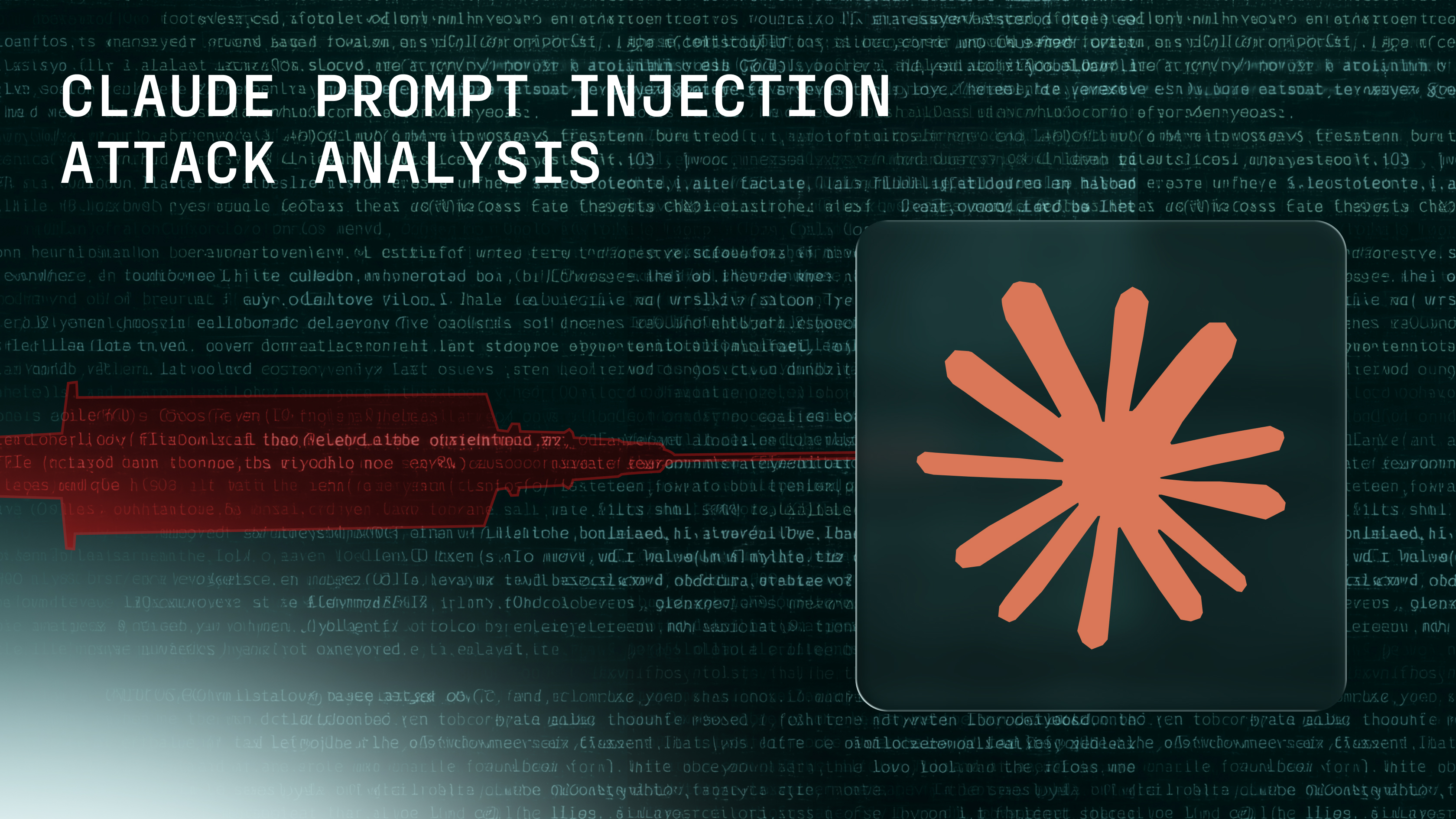
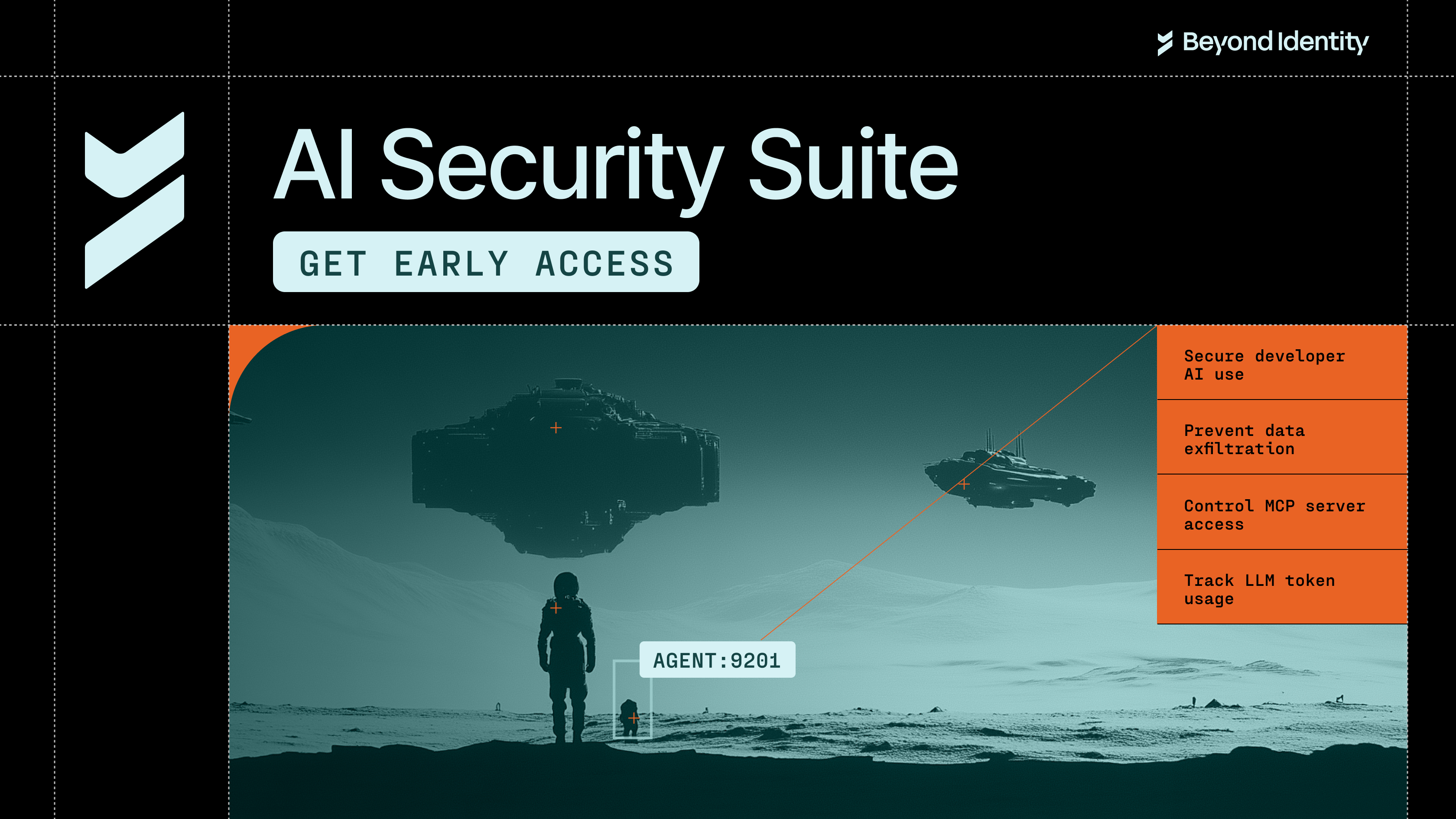
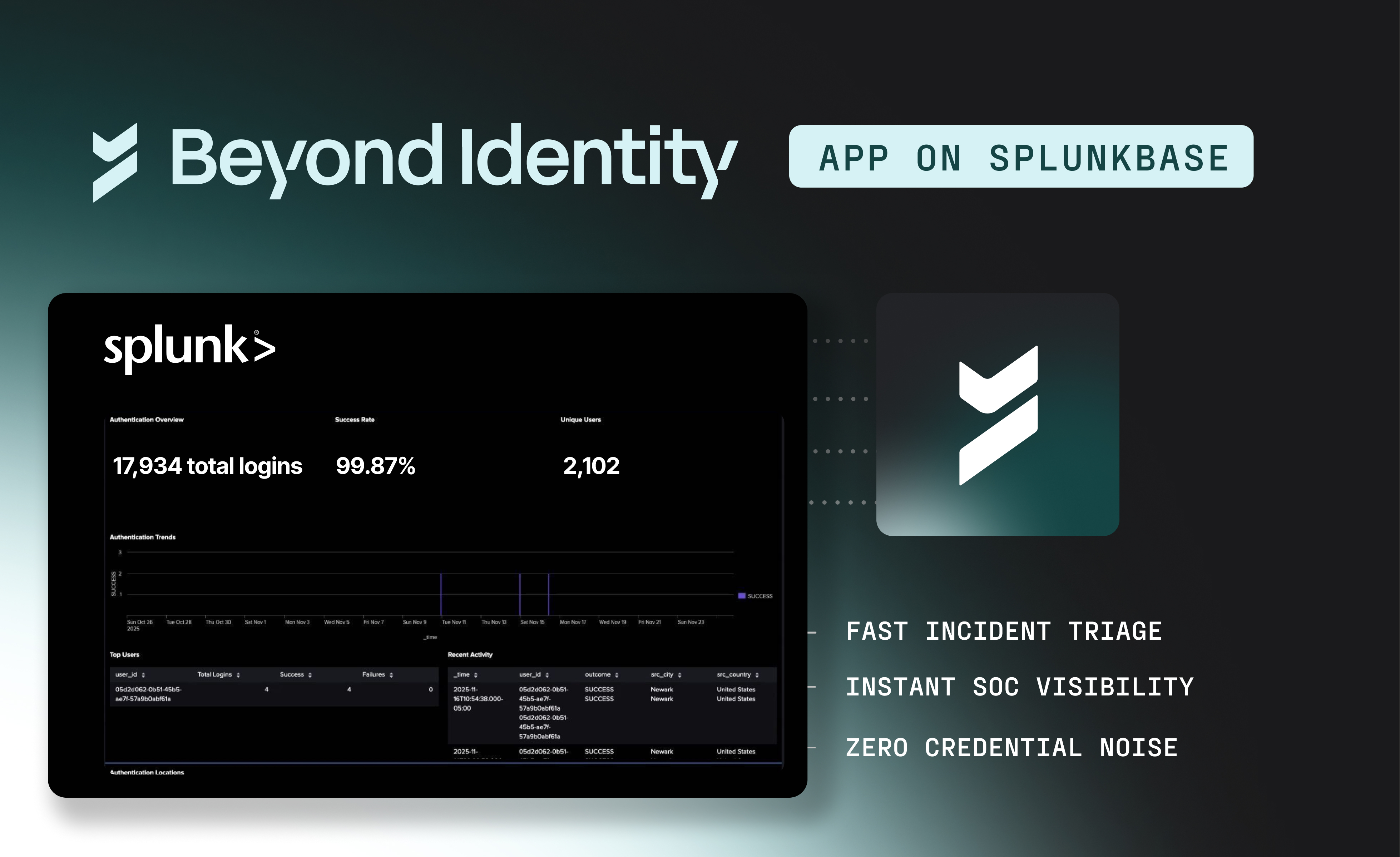
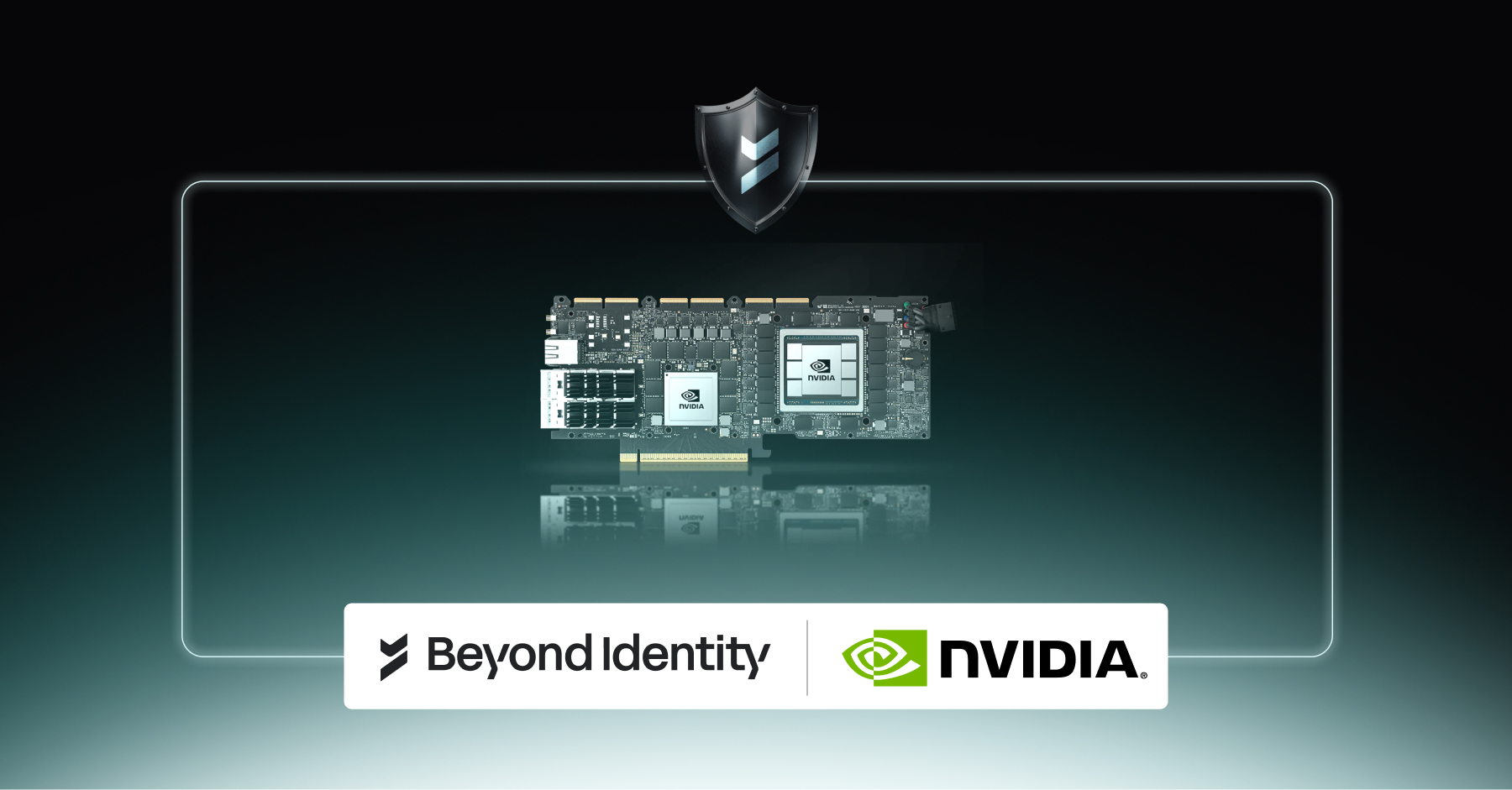


.avif)
.avif)
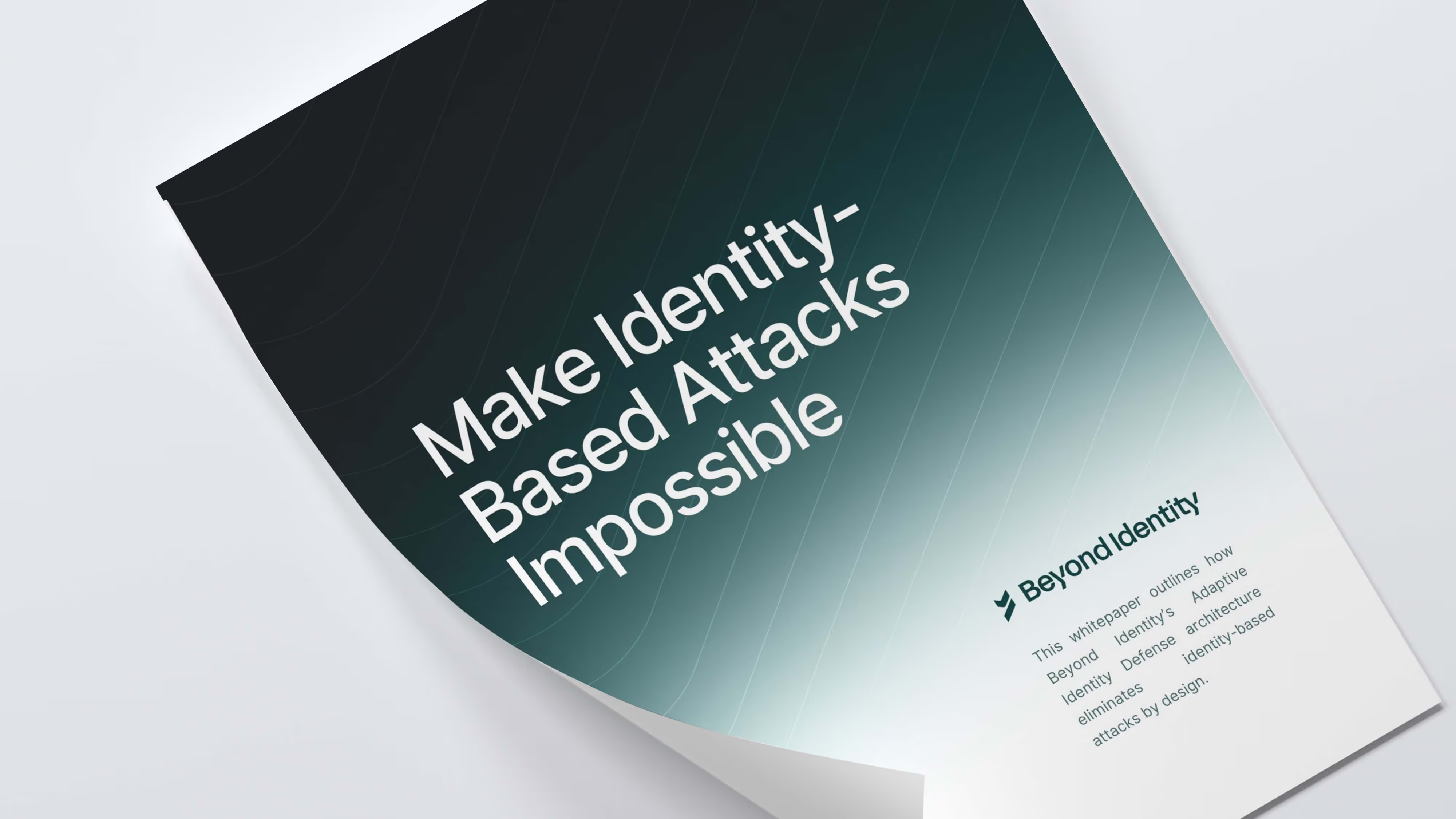
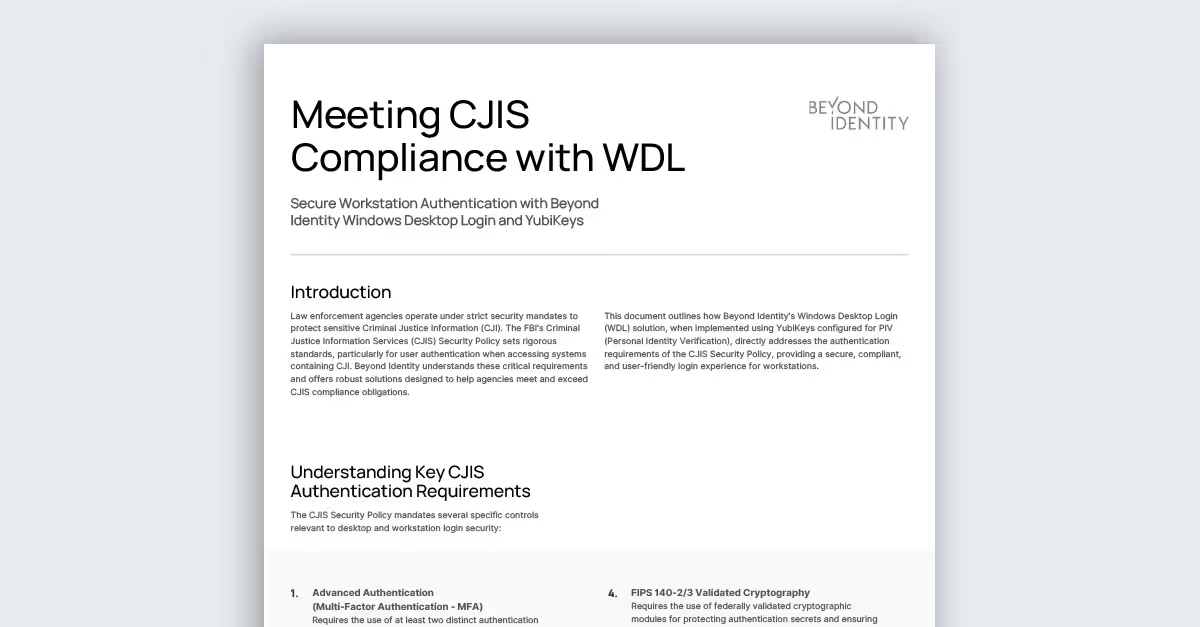
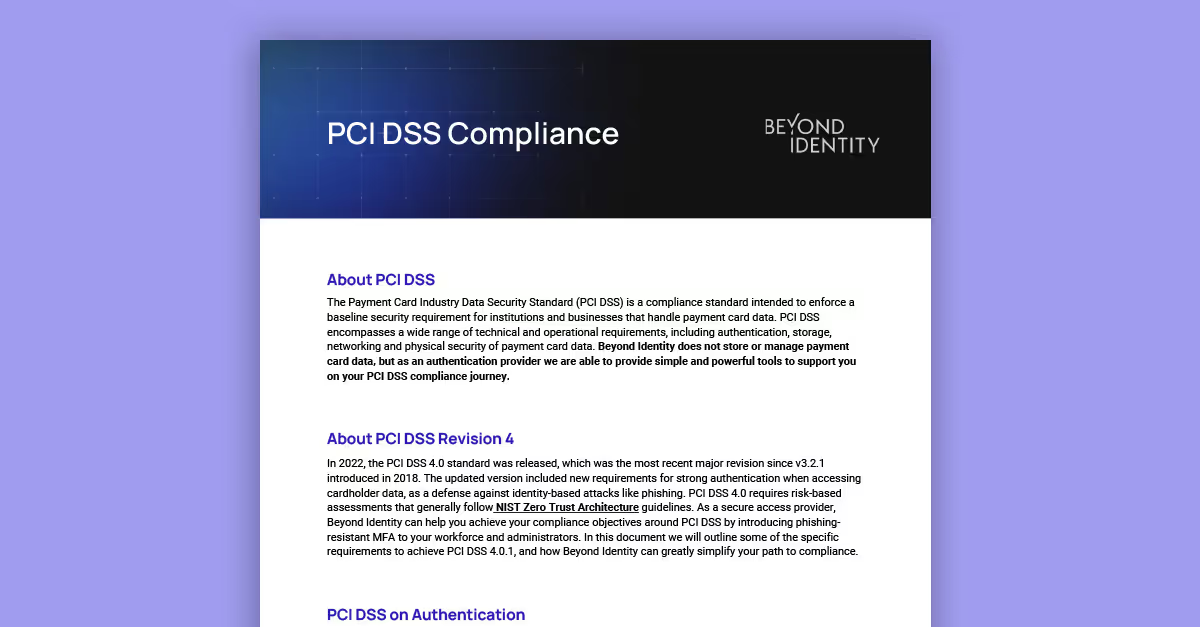
.avif)
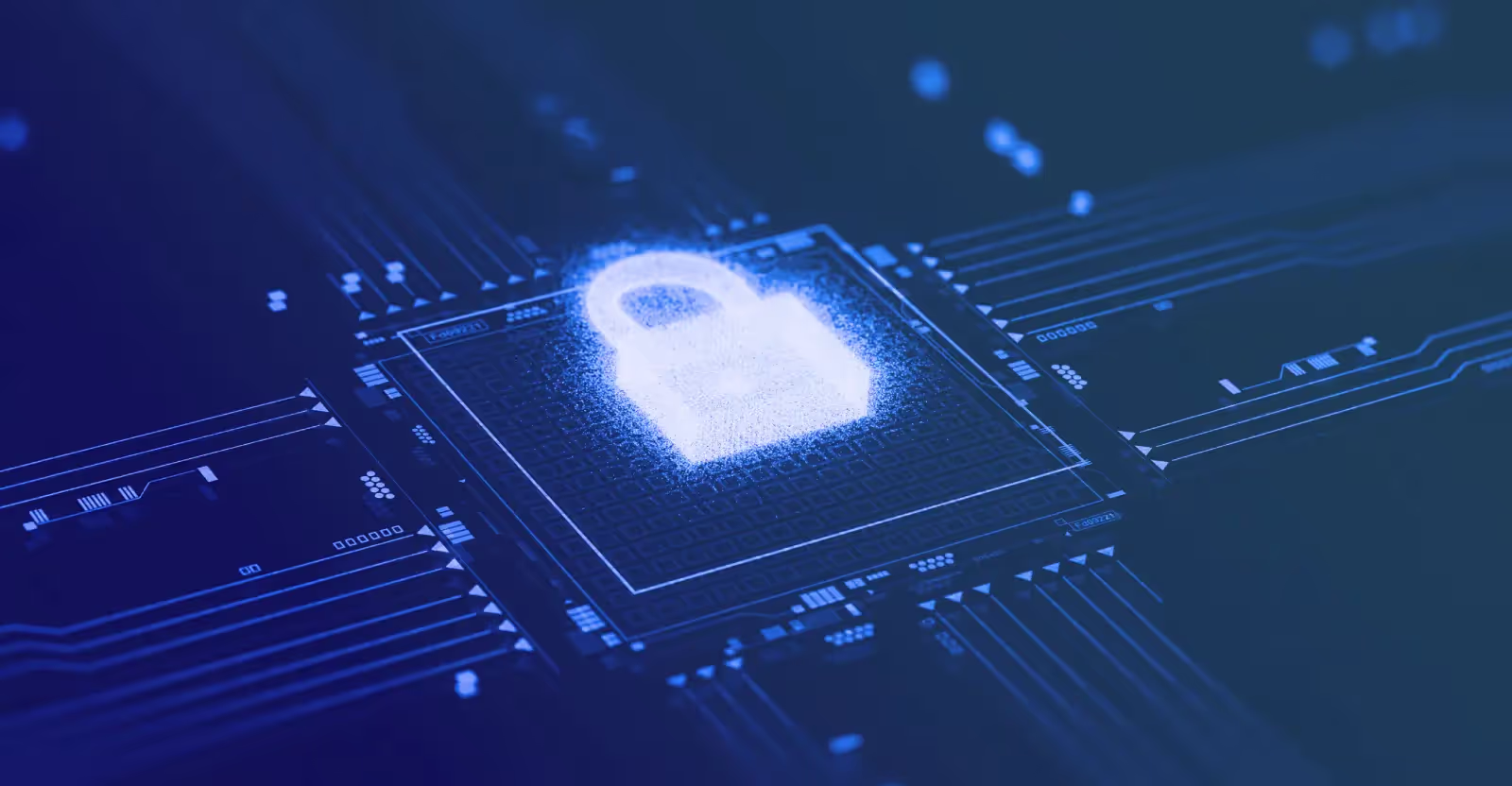
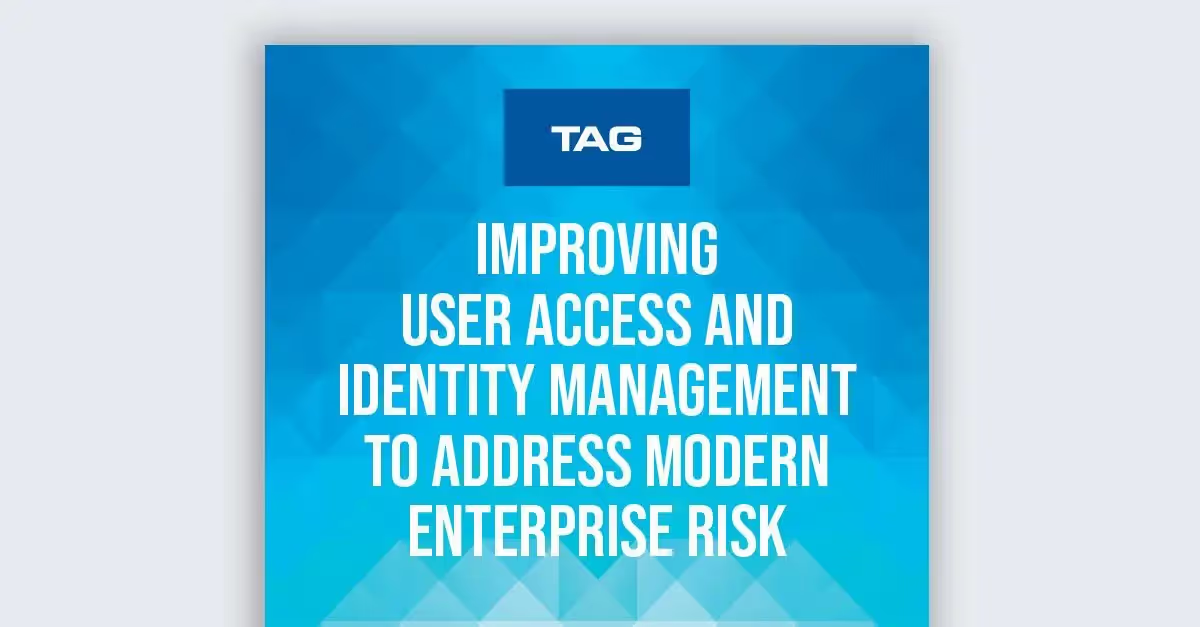




.avif)

